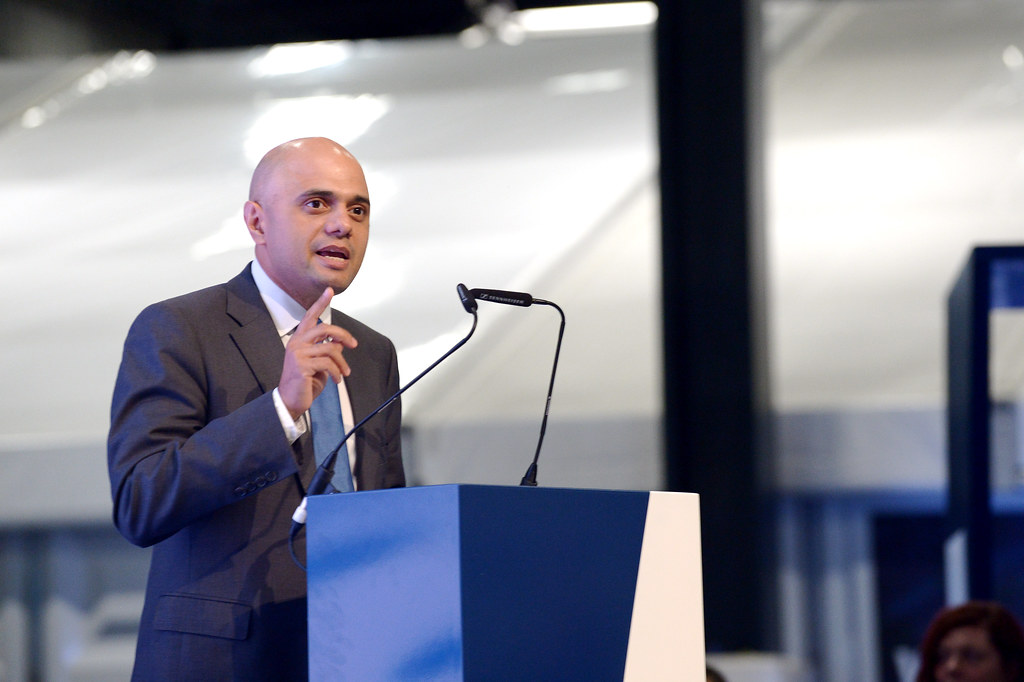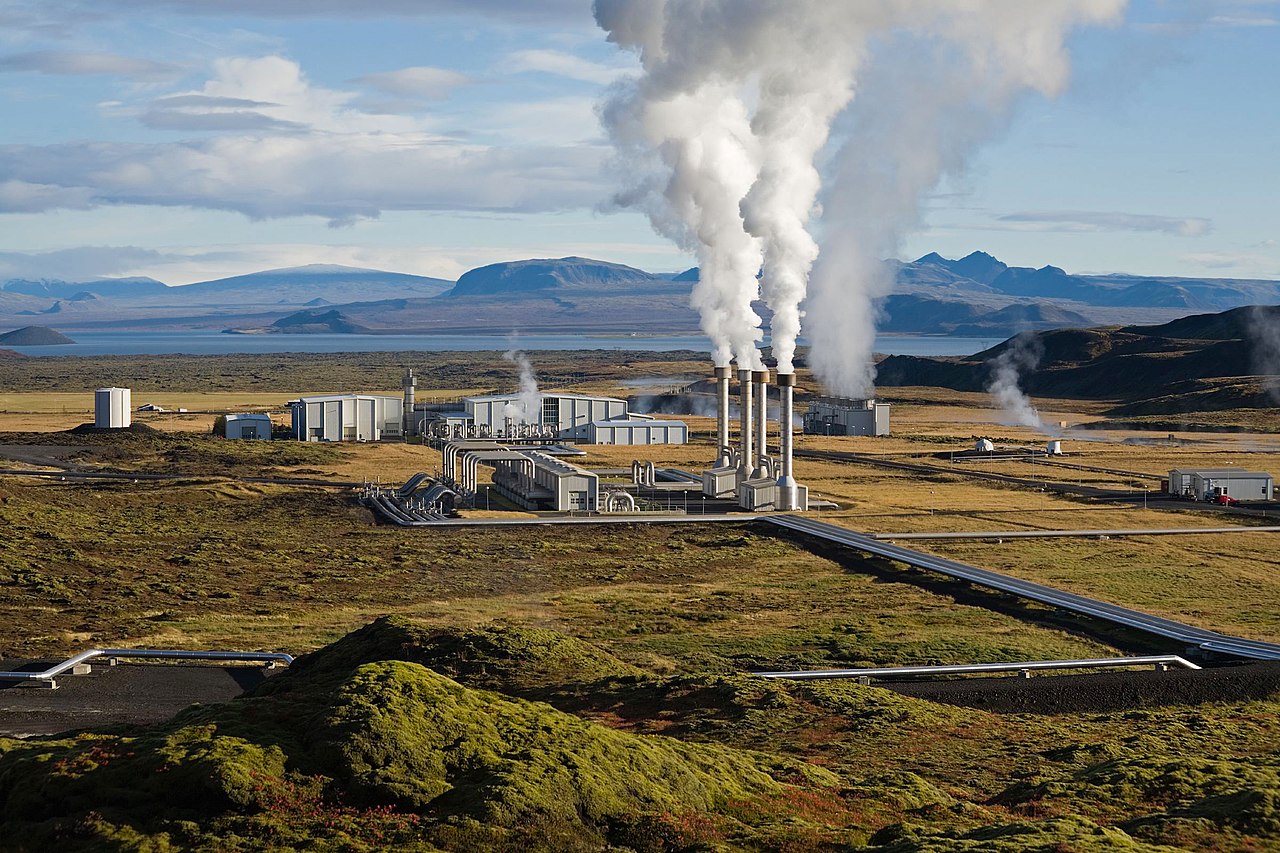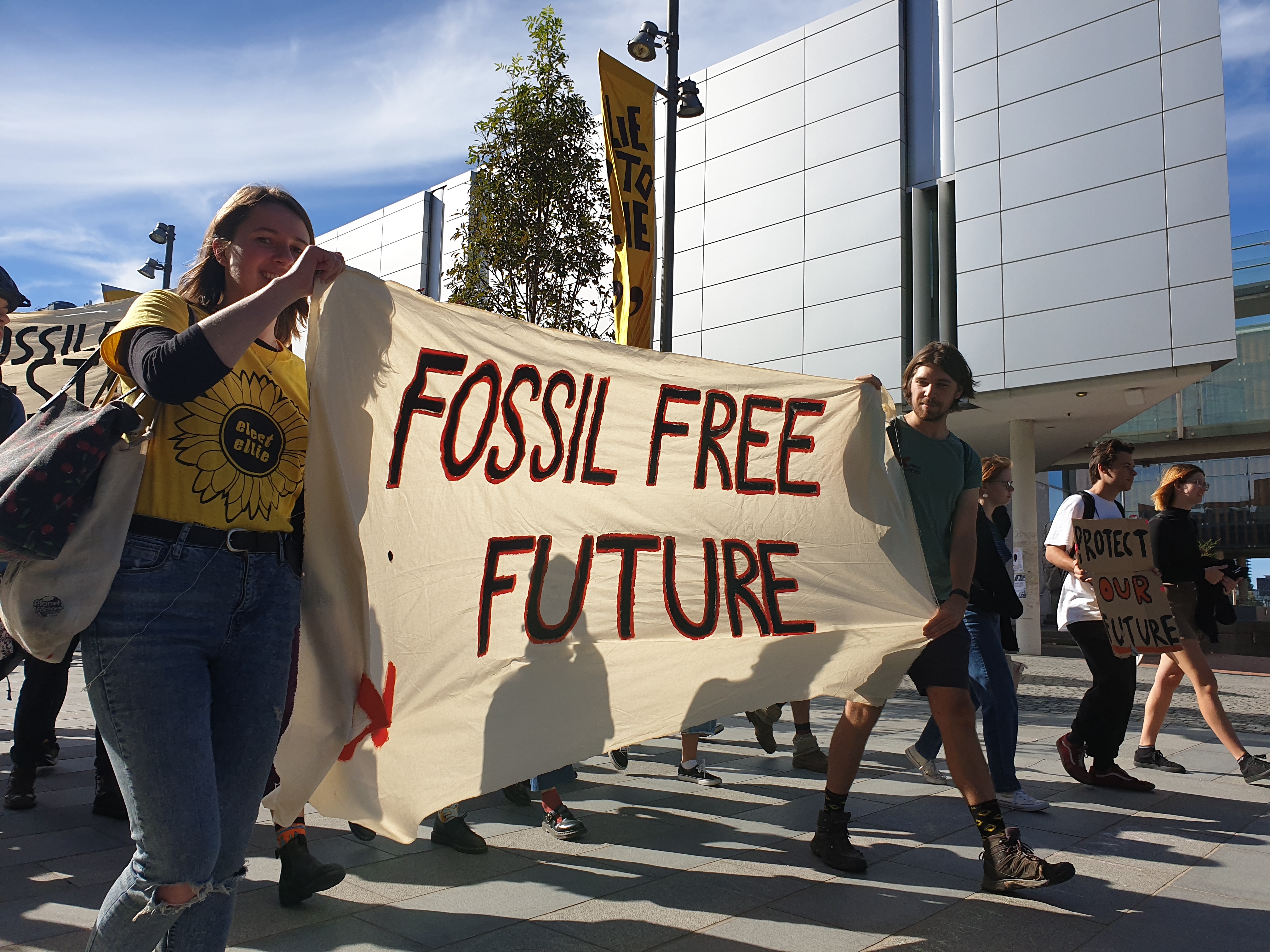Asda, Marks and Spencer, Morrisons, Sainsbury’s, The Co-operative Group, Tesco and Waitrose sold only about half the amount of single-use plastic bags as the previous year, marking a notable improvement in the country’s plastic waste figures. However, the supermarkets continue to face scepticism surrounding the practice of redesigning product packaging to make it thinner and lighter, thus meeting their publicly outlined targets without reducing the amount of individual plastic packaging units. An investigation by Vice called the practice “lightweighting”.
Asda previously committed to removing single-use plastic bags entirely in 2018, and will now be removing them from their online delivery service as well beginning 31 July, with a removal of the option for bagged deliveries on its home delivery webpage. The supermarket estimates a decrease in single-use plastic bag production of around 85 million individual bags, as a result of this decision.
Tesco recently became the latest grocer to eliminate single-use plastic bags in their home delivery service, a decision that is predicted to save around two tonnes of plastic per year.
Despite these figures and predictions, the Vice investigation urges the reader to be aware of the difference between voluntary commitments to carbon-emission or waste reduction and government regulation. The UK government imposed the 5p single-use bag charge on large retailers in 2015. Since then, some (like Asda and Tesco) have taken further steps, either completely eliminating in-store plastic bags or pulling them from delivery services. On the other hand, targets set by the likes of Sainsbury’s and Marks and Spencer, have been investigated by Greenpeace and revealed to be misrepresentative of the companies’ real figures and intentions. For example, their commitment to the WRAP Plastic Pact is a pledge to reduce or eliminate the use of eight kinds of plastic in supermarkets. However, most of these plastics are scheduled to be banned by law already. In 2012, Sainsbury’s committed to reducing packaging by 50 per cent by 2020. At the time the target was set, the company had already reduced its plastic waste by 23.4 per cent. Over the next 5 years, Sainsbury’s had only reached 33 per cent, setting a pace that would be unable to reach the target until 2026.
The fact of the matter is that retailers, especially in the food industry, rely greatly on plastic for its ease of use and cheap cost. Sales of single-use plastic bags may be dropping dramatically, but through loopholes and voluntary targets, these companies find ways to keep operating costs at a minimum through the continued use of plastic packaging. Government regulation however, appears to be extremely effective in the reduction of plastic waste, prompting the decision to double to price to 10p in the near future.
Latest News
-
Home improvement platform names next charity partner
-
Construction firm to fundraise for air ambulance and hospice charities
-
Ferry company partners with animal charity
-
Building society and rugby club’s maths scheme supports 1,000 pupils
-
Accountancy firm launches fund to help staff support good causes
-
Law firm links up with charity to support workers with epilepsy
© 2019 Perspective Publishing Privacy & Cookies







Recent Stories